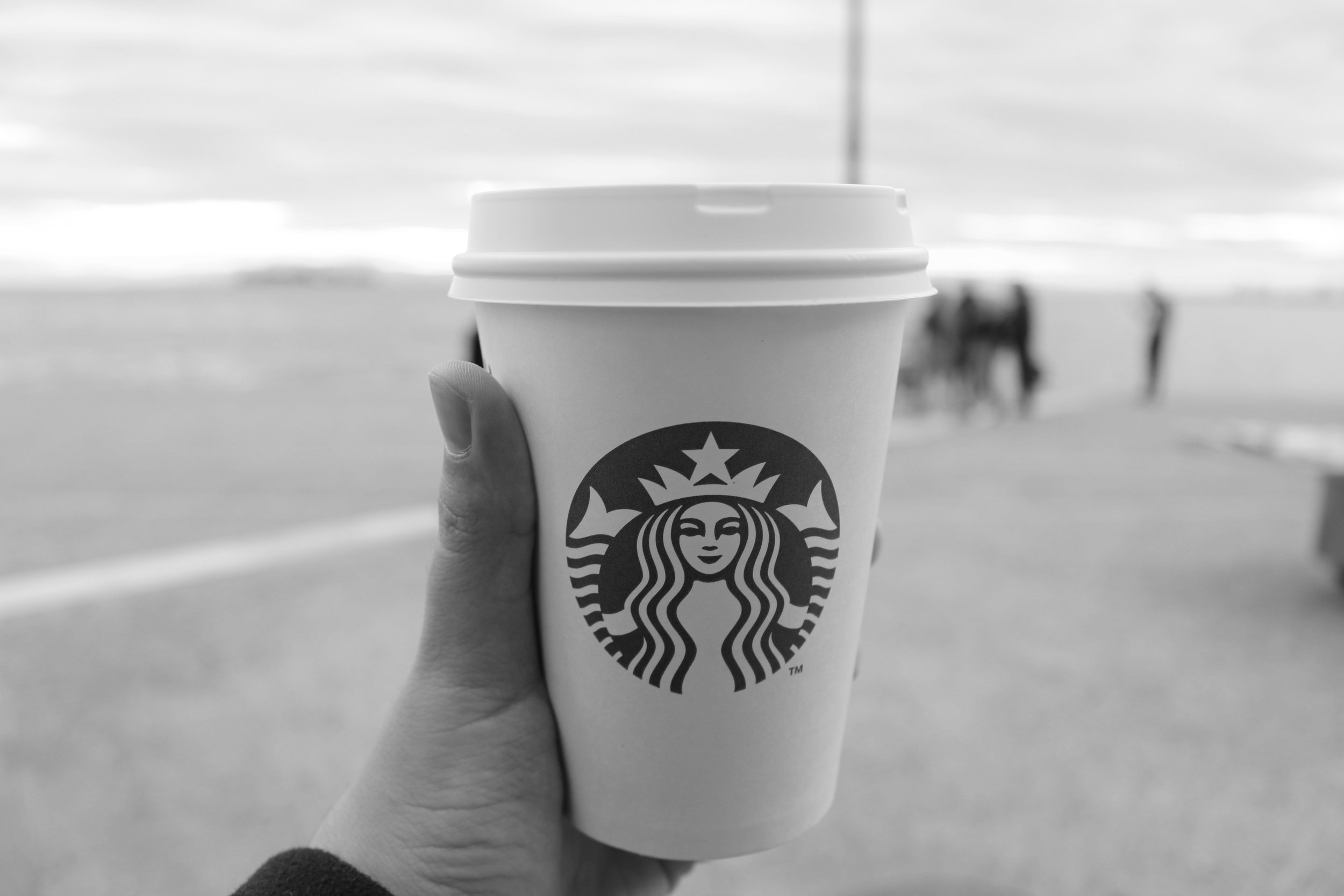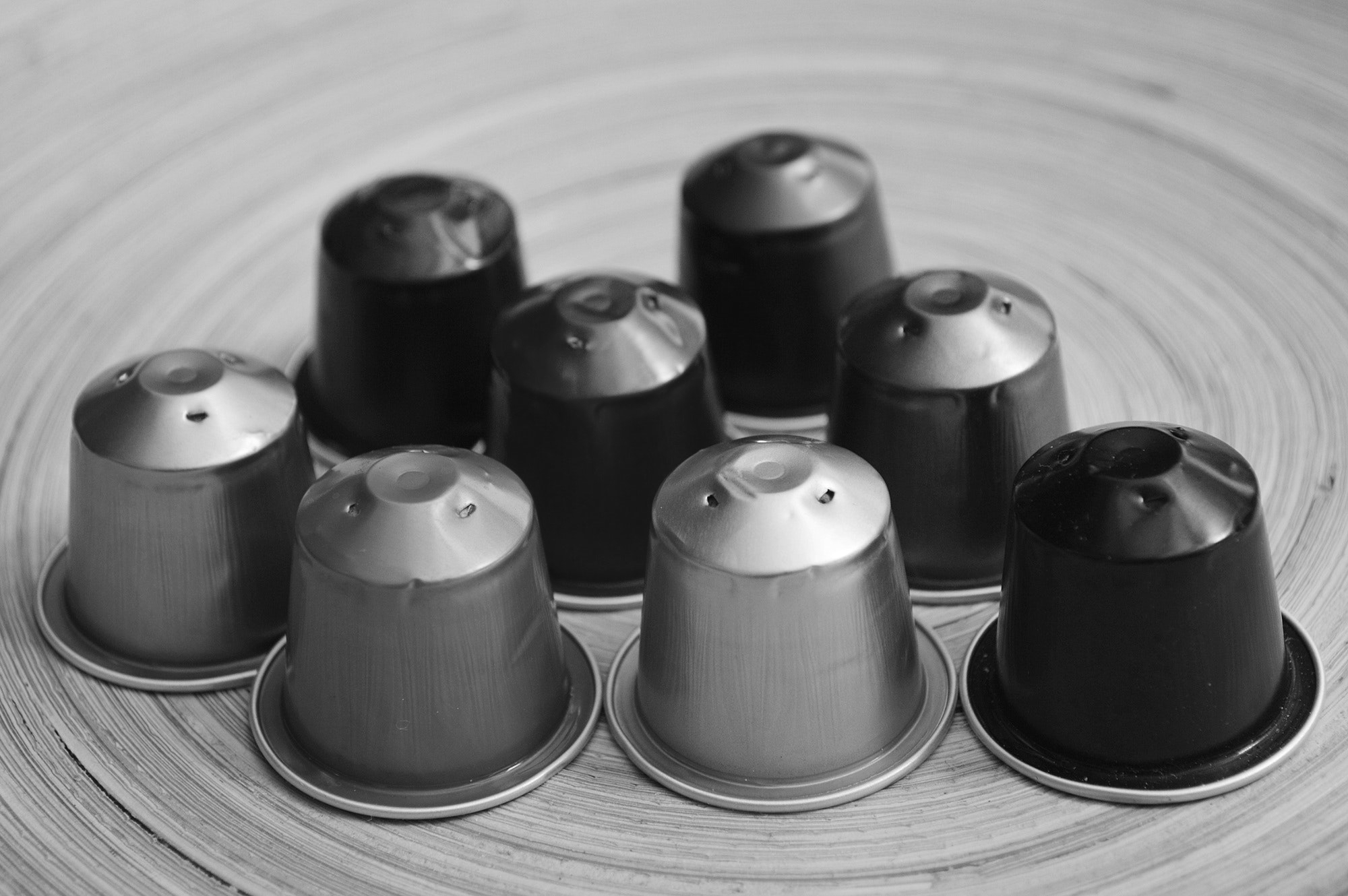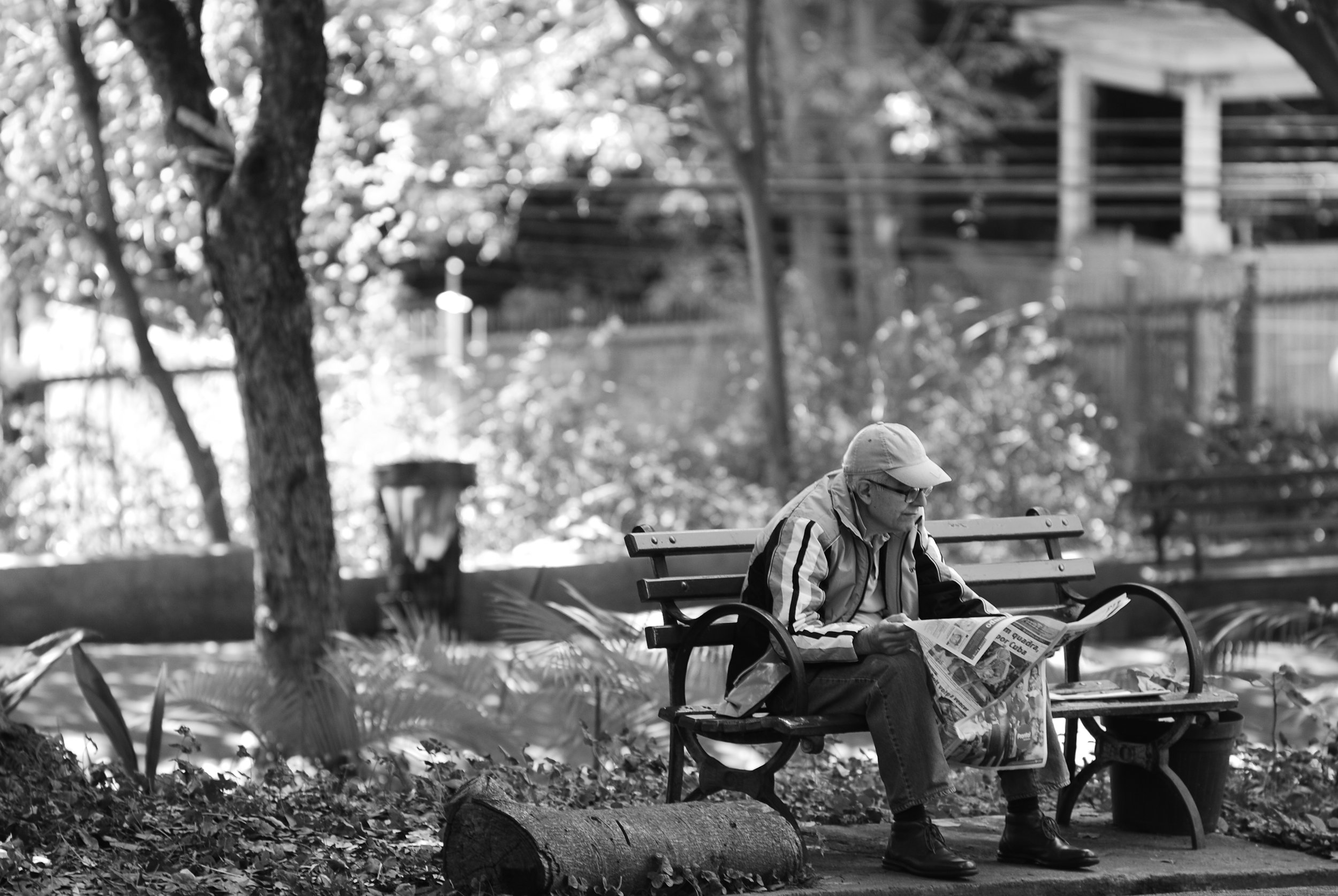A Fundraiser for Gaza Hopes to Wake Up the Coffee Industry
For 18 months, the coffee industry has remained mostly silent about the ongoing destruction of Gaza. A new fundraiser hopes to raise money—and jolt the industry awake.


This series should probably just change its name to Starbucks News Roundup and be done with it. It really seems like most weeks the main coffee news doing the rounds is Starbucks-related.
From their insane cafe/showroom/fantasyland in China, to the news that the company wants to open a location inside Yosemite, to the gin barrel-aged coffee they'll be releasing soon, it can seem like it's all Starbucks all the time.
Well, this week will be no different. Might as well just get on with it.

Oh look it's Starbucks.
Starbucks uses a lot of cups. The company itself estimates that it goes through approximately 6 billion paper and plastic cups each year, with the vast majority ending up in landfill, the floors of cars, or that maelstrom of garbage in the Pacific ocean.
Now though, they've decided to do something about it. The company is pledging $10 million to what they're calling the NextGen Cup Challenge, in the form of grants and awards to encourage the development of more sustainable manufacturing processes and materials.
While this smacks somewhat of the dreaded greenwashing, at least Starbucks is taking steps to improve their environmental credentials, unlike some in the coffee industry.
Read more here.
Speaking of which.
Greenwashing is a real problem in the coffee industry—in the world in general, actually—and it's very easy to be duped by words like "biodegradable" or "sustainable".

That's what happened in California, where San Francisco Bay Gourmet Coffee's parent company JBR Inc. and Costco have been told to pay a $500,000 fine for deceiving customers who were led to believe that their coffee pods would biodegrade even though they contained plastic.
Read more here.
What's the worst part about a cup of coffee? The fact that it's all wet, obviously.
But now, liquidaphobes who still want their caffeine fix can consume a bar that looks like chocolate but is actually espresso. Or perhaps it's for the crowd who identify with those awful "Don't talk to me until I've had my coffee" memes? Who knows.
The whole thing seems like a case of inventing a solution for a problem that doesn't exist, but maybe it'll prove popular in Latvia where, according to the article, the summers are too short for cold brew to really catch on.
Read more here.
Last week brought news that an Oakland coffee co-op refused service to a police officer and asked him to leave the cafe for "the physical and emotional safety of our customers and ourselves."
Now, though, the backlash has begun. A group known for organizing pro-Trump rallies in Berkeley held a protest outside the cafe, where they were confronted by customers and ironically the police were called to de-escalate the situation.
Read more here.
Oh hey Starbucks again.
Say what you will about Starbucks, but they're clearly trying. The company announced that they have achieved 100% pay equity for all genders and races in similar roles in the United States, and "will now work ‘with deliberate speed’ toward closing the gender pay gap for all partners in company-operated markets worldwide."
Progress is slow, and long overdue, but it's happening.
Read more here.
Well, it might help prevent colon cancer, for one thing.
It can also, apparently, make you eat less. An admittedly small study found that heavy coffee drinkers—four to eight cups a day, dear lord—had lower levels of certain metabolites related to the endocannabinoid system. That's the same system affected by marijuana, but, instead of giving you the munchies, coffee does the opposite, making you less hungry.
There's also a new study that shows how coffee affects athletes differently depending on their genetic makeup, which is interesting if complicated. The article in the New York Times is worth reading, if you're into that sort of thing.

Sharing Power: An Interview With Ant Walach Of Snowdrift Coffee by RJ Joseph
Coffee And Deforestation: Addressing Coffee’s Footprint by Michael Opitz
There Is No Shortcut To Sustainable Coffee by Jan von Enden
Growing Gracefully: Maintaining a Company Culture That Is True to You by Luke Daughtery
Until next week, drink good coffee, or maybe eat good coffee?
A newsletter about coffee—its culture, politics, and how it connects to the wider world.